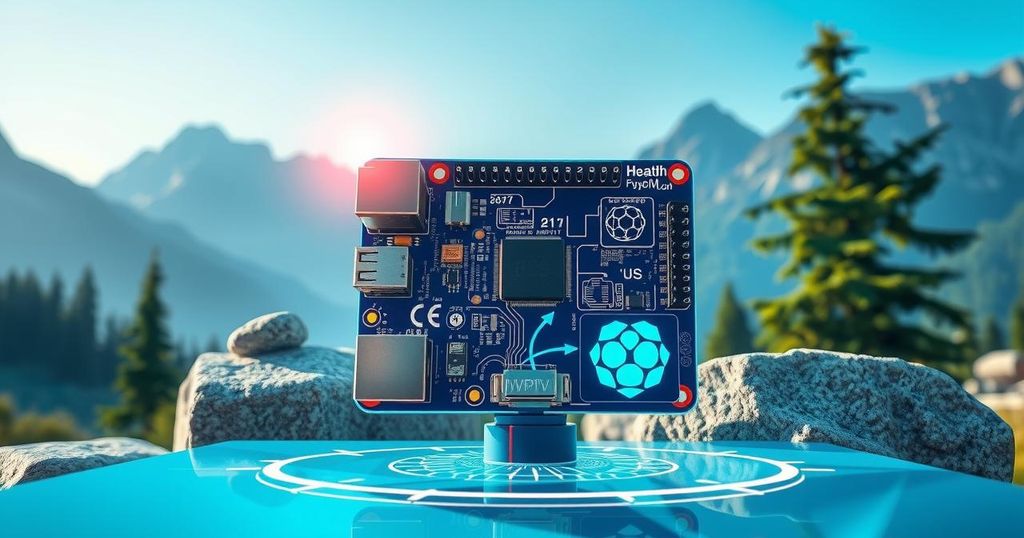Groundbreaking AI Tool Could Detect Skin Cancer Early in Remote Areas
- New AI tool aims to detect skin cancer early in remote areas.
- Developed by a PhD student at Heriot-Watt University, Tess Watt.
- Uses a Raspberry Pi to analyze skin condition photos for diagnosis.
- Tool aims for up to 85% diagnostic accuracy for skin lesions.
- Long-term goal is to expand access to dermatological care globally.
Transformative AI tool designed for remote communities
A revolutionary new AI tool aims to transform the landscape of skin cancer detection, especially for those living in the most remote corners of the globe. This groundbreaking technology, innovative in design, is being developed by Tess Watt, a diligent PhD student at Heriot-Watt University in Edinburgh. Under her leadership, the project seeks to empower individuals in hard-to-reach areas, providing them the ability to diagnose skin conditions accurately, all without needing direct access to trained dermatologists or a stable internet connection.
Detailed mechanism behind the AI skin cancer tool
Here’s how it works: individuals can snap a picture of their skin complaint with a compact camera attached to a Raspberry Pi – a low-cost, energy-efficient computer. The system holds a vast library of thousands of images, which the AI uses to analyze the submitted photos in real-time. Once a potential diagnosis is offered, this information is instantly relayed to a local general practitioner, which fast-tracks the necessary treatment process. The project is being hailed as the first kind of its sort, merging AI medical diagnosis with a rural health focus.
Plans for clinical trials and future developments
Watt has stated that reducing wait times for medical consultations from home is critically important, especially as local healthcare systems grapple with increasing pressure. The prototype already boasts an impressive 85% accuracy rate in its diagnostics, with hopes to boost that figure by tapping into larger datasets of skin lesions through enhanced machine learning techniques. Conversations with NHS Scotland are ongoing to secure the ethical approval necessary for real-world clinical trials, with a pilot project on the horizon in the next couple of years.
In summary, the AI tool developed by Tess Watt is poised to change the early diagnosis landscape of skin cancer by making it accessible to remote areas. Its innovative design allows individuals to take control of their health care, ensuring quicker diagnosis and potentially lifesaving treatments. As this project develops, it’s clear that the future of skin cancer detection may be significantly impacted by such technology, which aims to bridge the gap for those with limited medical access.




